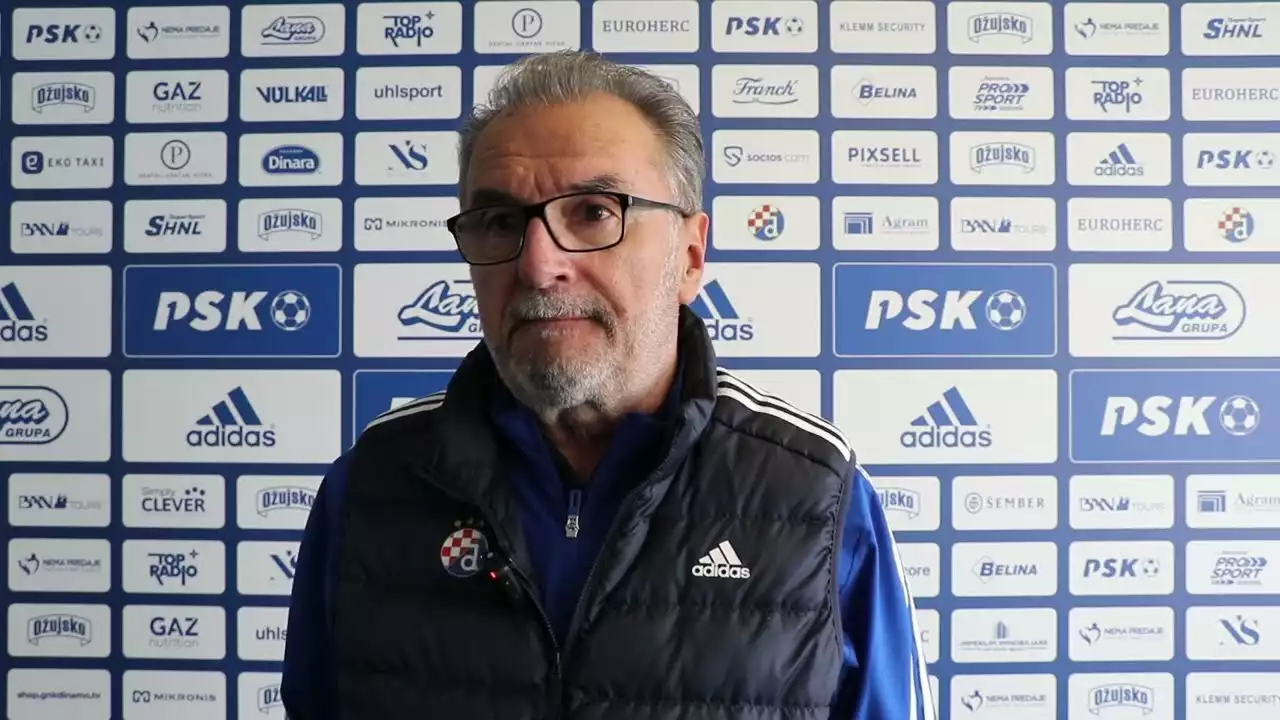Importance of good management in promoting teams
Promoting a team to a higher league is a significant achievement, but the real challenge lies in sustaining that success. Good management is crucial in this process, as it sets the foundation for a team's performance on and off the field. The managers we will discuss in this article have not only excelled in their tactical acumen but have also proven their ability to create a positive team culture and motivate their players to perform at their best.
One of the key aspects of good management is the ability to identify and recruit talented players who can contribute to the team's success. These managers have shown an astute eye for talent, often bringing in players who go on to become stars in the league. Additionally, they understand the importance of creating a cohesive and harmonious team environment where players can thrive and reach their full potential.
Another crucial element of good management is the implementation of effective training and development programs. These managers have invested time and effort into developing their players' skills and tactical understanding, equipping them with the tools they need to succeed at a higher level. By focusing on individual player development and team cohesion, they have been able to build strong foundations for success.
Ultimately, good management is about setting clear goals, establishing a winning mentality, and instilling a sense of belief within the team. These managers have excelled in these areas, ensuring that their promoted teams not only compete but thrive in the Croatian League.
Manager 1: Zoran Mamic - NK Lokomotiva Zagreb
Zoran Mamic is undoubtedly one of the most successful managers in the history of the Croatian League. His tenure at NK Lokomotiva Zagreb saw the team achieve unprecedented success after being promoted to the top flight. Mamic's tactical brilliance and ability to adapt to different opponents played a crucial role in his team's achievements.
One of the key strategies employed by Mamic was his focus on possession-based football. He emphasized the importance of retaining the ball and building attacks patiently, often frustrating opposing teams and forcing them to make mistakes. This style of play not only allowed his team to control games but also helped them create scoring opportunities through intricate passing and movement.
Additionally, Mamic's man-management skills were instrumental in building a cohesive and united team. He fostered a sense of camaraderie among the players, creating a strong team spirit that carried them through tough times. Mamic's ability to instill a winning mentality within his players was evident in their performances on the field, as they consistently displayed resilience and determination.
Manager 2: Elvis Scoria - HNK Gorica
Elvis Scoria's tenure at HNK Gorica was marked by a remarkable transformation of the club. After gaining promotion to the Croatian League, Scoria led his team to unprecedented heights, challenging established teams and securing impressive results. His tactical acumen and ability to adapt to different opponents were key factors in his team's success.
Scoria implemented an attacking style of play that focused on quick transitions and high pressing. His team was known for their fast-paced, dynamic football that often caught opponents off guard. This style of play not only entertained the fans but also yielded positive results, as HNK Gorica consistently scored goals and threatened even the strongest defenses.
In addition to his tactical brilliance, Scoria's man-management skills were exemplary. He created a positive and nurturing environment where players felt supported and motivated to perform at their best. Scoria's ability to build strong relationships with his players and understand their individual strengths and weaknesses contributed to their overall success as a team.
Manager 3: Igor Jovićević - NK Osijek
Igor Jovićević's tenure at NK Osijek was characterized by his innovative approach to the game. After gaining promotion to the Croatian League, Jovićević implemented a unique playing style that revolutionized his team's performances. His tactical flexibility and ability to adapt to different opponents allowed NK Osijek to consistently challenge the league's top teams.
One of the key strategies employed by Jovićević was his focus on positional play and fluid movement. His team was known for their intricate passing patterns and intelligent movement off the ball, creating space and opportunities to attack. Jovićević's emphasis on technical proficiency and intelligent decision-making allowed his team to outplay opponents who were more physically dominant.
Jovićević's man-management skills were also noteworthy, as he created a harmonious and united team. He fostered a culture of trust and collaboration, where players felt empowered to take risks and express themselves on the field. Jovićević's ability to create a positive team environment translated into success on the field, as his team consistently performed at a high level.
Manager 4: Tomislav Ivković - Slaven Belupo
Tomislav Ivković's tenure at Slaven Belupo saw the team achieve remarkable success after gaining promotion to the Croatian League. Ivković's tactical astuteness and ability to adapt to different opponents played a crucial role in his team's achievements.
One of the key strategies employed by Ivković was his focus on defensive solidity. He emphasized the importance of a well-organized defense and disciplined positioning, making it difficult for opposing teams to break through. This defensive resilience allowed his team to stay competitive against stronger opponents and secure crucial points.
Additionally, Ivković's man-management skills were instrumental in building a united and determined team. He created a strong team spirit and instilled a winning mentality within his players, motivating them to give their all on the field. Ivković's ability to create a positive team culture and nurture individual talents contributed to his team's overall success.
Manager 5: Branko Karačić - Zaprešić
Branko Karačić's tenure at Zaprešić saw the team achieve remarkable success after gaining promotion to the Croatian League. Karačić's tactical brilliance and ability to adapt to different opponents played a crucial role in his team's achievements.
One of the key strategies employed by Karačić was his focus on counter-attacking football. He emphasized the importance of quick transitions and exploiting spaces left by opponents. This style of play allowed his team to catch opponents off guard and create scoring opportunities through fast-paced, direct attacks.
Karačić's man-management skills were also noteworthy, as he created a positive and motivating environment for his players. He instilled a sense of belief and confidence within his team, empowering them to take risks and perform at their best. Karačić's ability to nurture individual talents and create a cohesive team contributed to his team's overall success.
Key strategies and tactics used by successful managers
The success of these managers can be attributed to their implementation of various strategies and tactics. From possession-based football to counter-attacking play, these managers have shown flexibility and adaptability in their approach to the game. They have also emphasized the importance of a strong team spirit and a winning mentality, creating an environment where players can thrive and achieve their full potential.
Lessons learned from these managers' successes
The journeys of these five managers offer valuable lessons for aspiring managers and football enthusiasts alike. Their ability to adapt, innovate, and create a positive team environment highlights the importance of good management in achieving success. Whether it's through tactical brilliance or exceptional man-management skills, these managers have shown that leading a promoted team to success is possible with the right mindset and approach.
The impact of effective management on promoted teams' success
The success achieved by these managers is a testament to the impact of effective management on promoted teams' success. Their ability to navigate the challenges of higher-level competition, build cohesive teams, and nurture individual talents has resulted in remarkable achievements. These managers have not only brought success to their respective teams but have also left a lasting legacy in Croatian football.
T stories of these five managers serve as inspiration for all those who aspire to lead a promoted team to success in the Croatian League. Their tactical acumen, man-management skills, and ability to adapt to different opponents have set them apart from their peers. By implementing innovative strategies and fostering a winning mentality, they have defied the odds and achieved remarkable success. Their journeys serve as a reminder that with the right mindset, determination, and effective management, anything is possible in the world of football.






.png?size=50)


